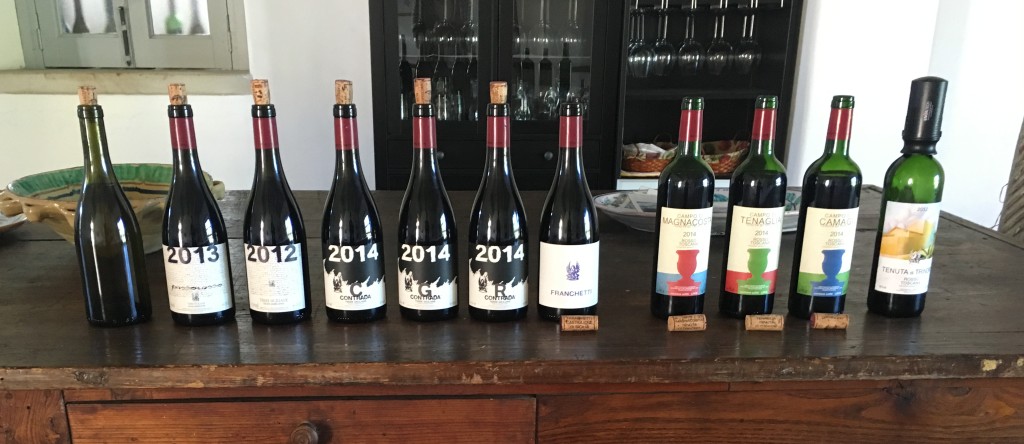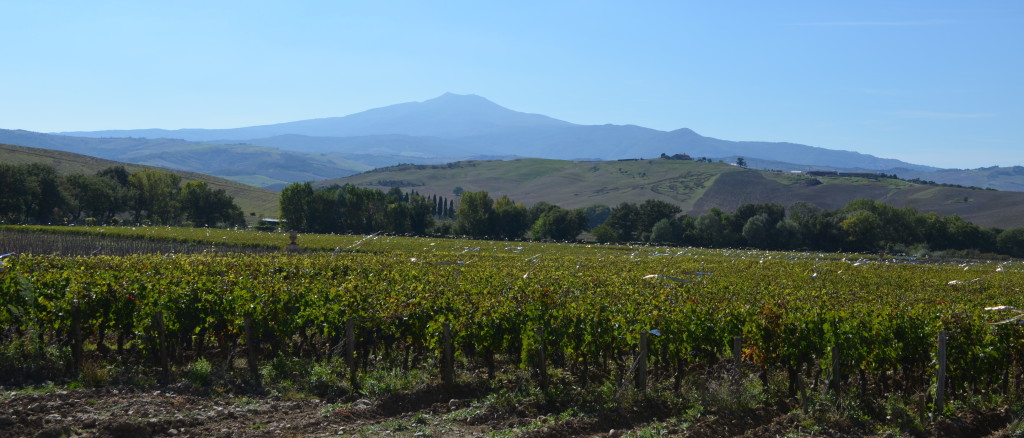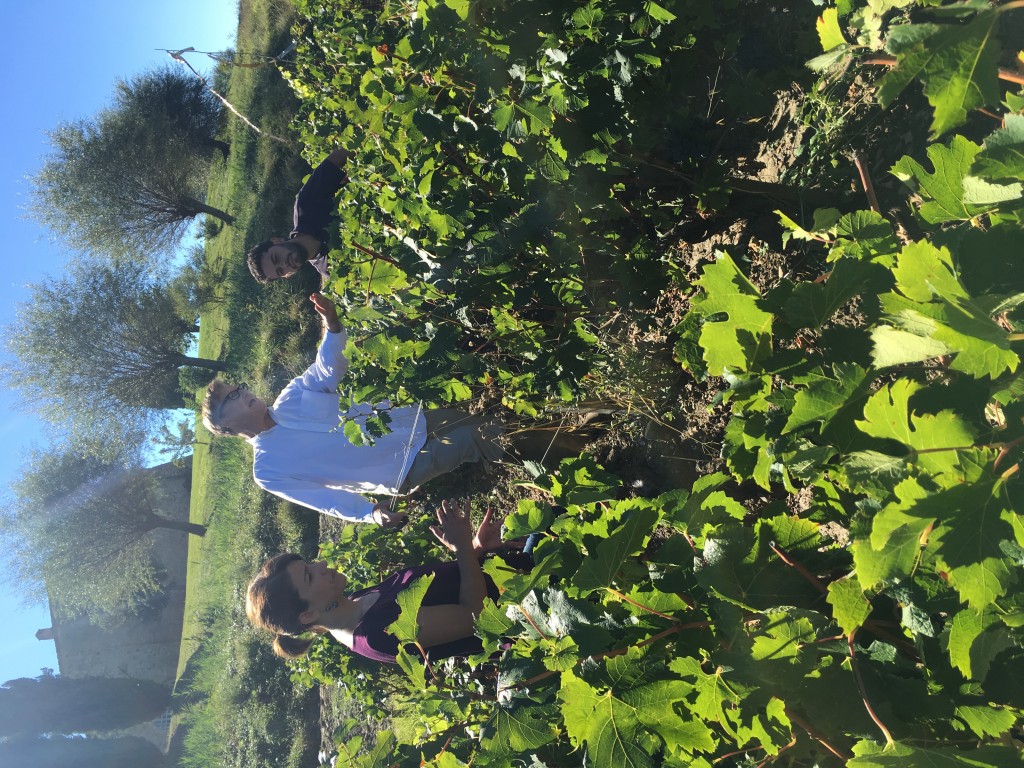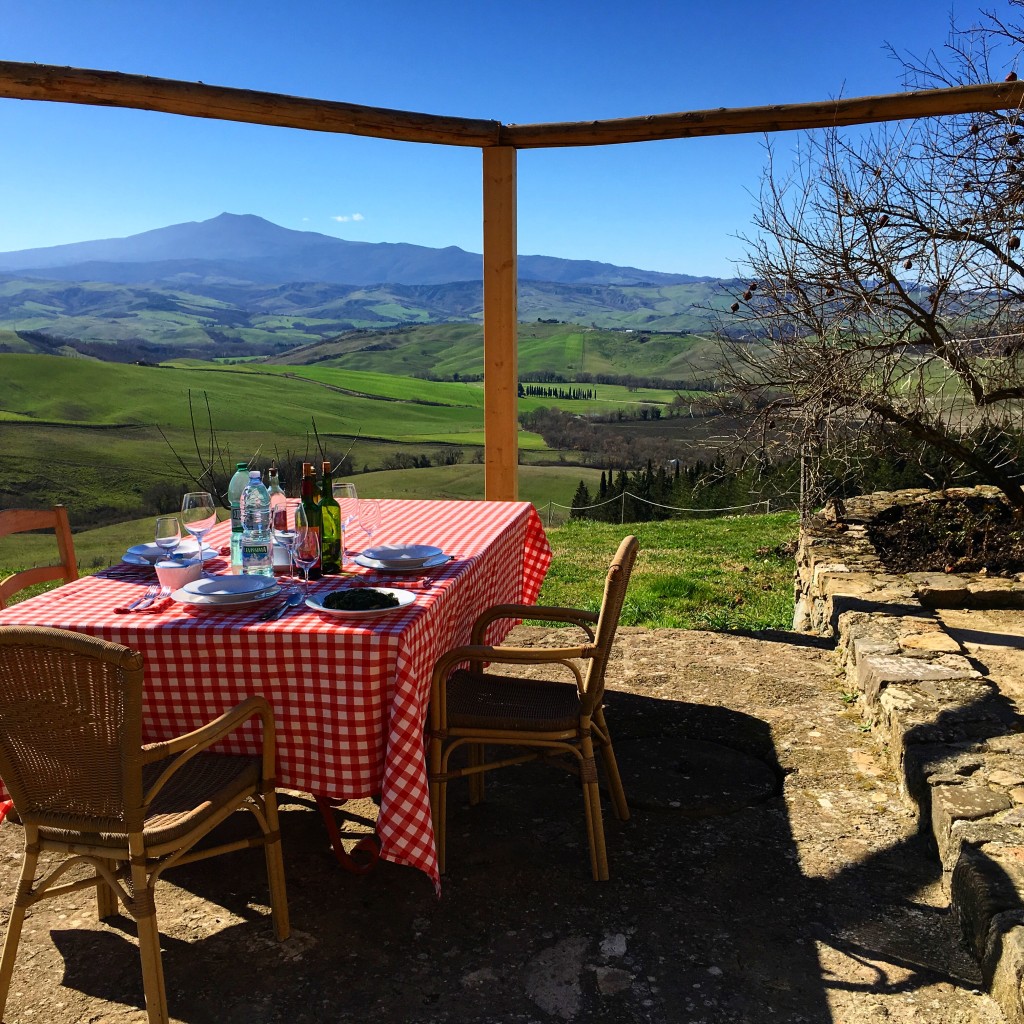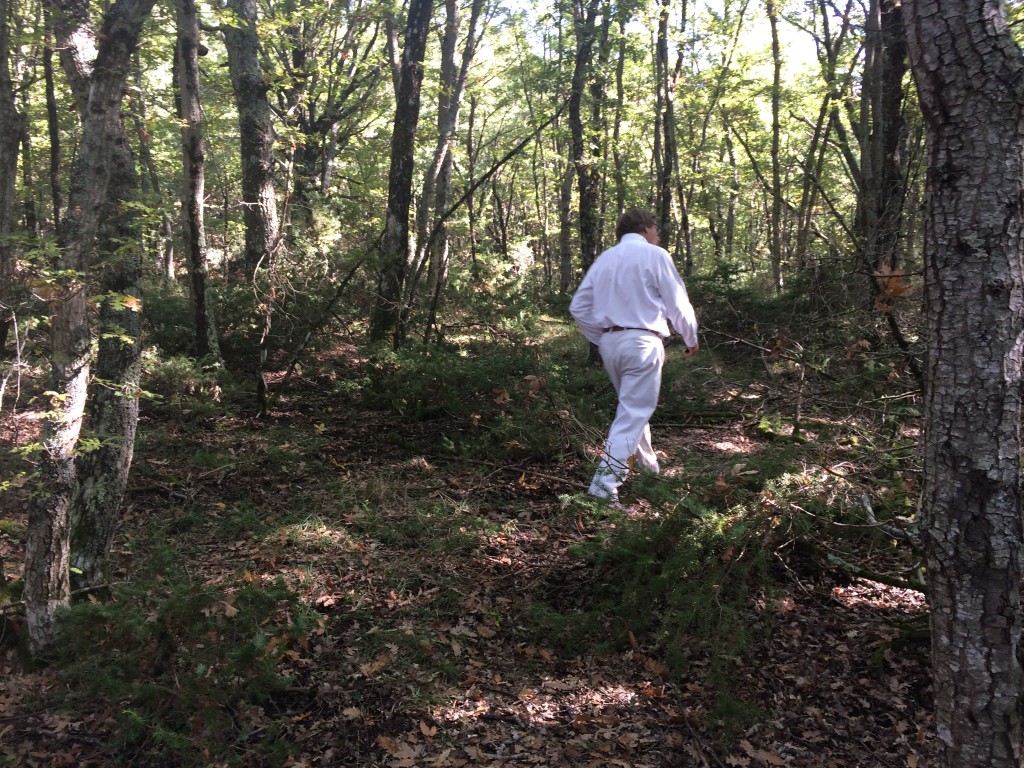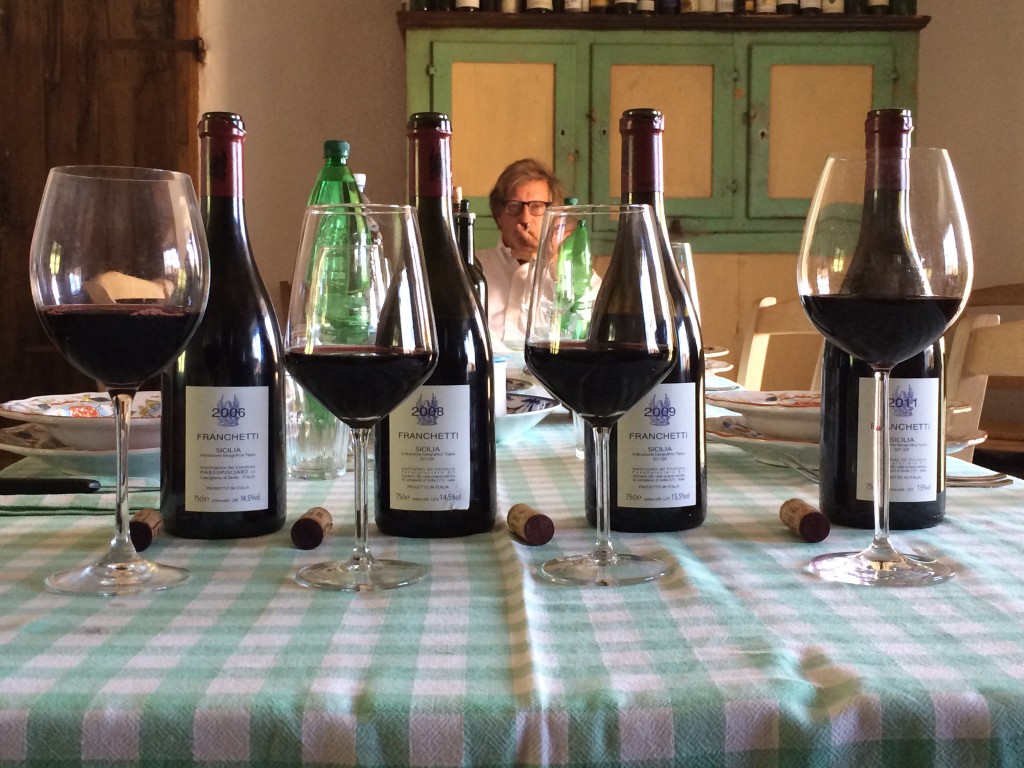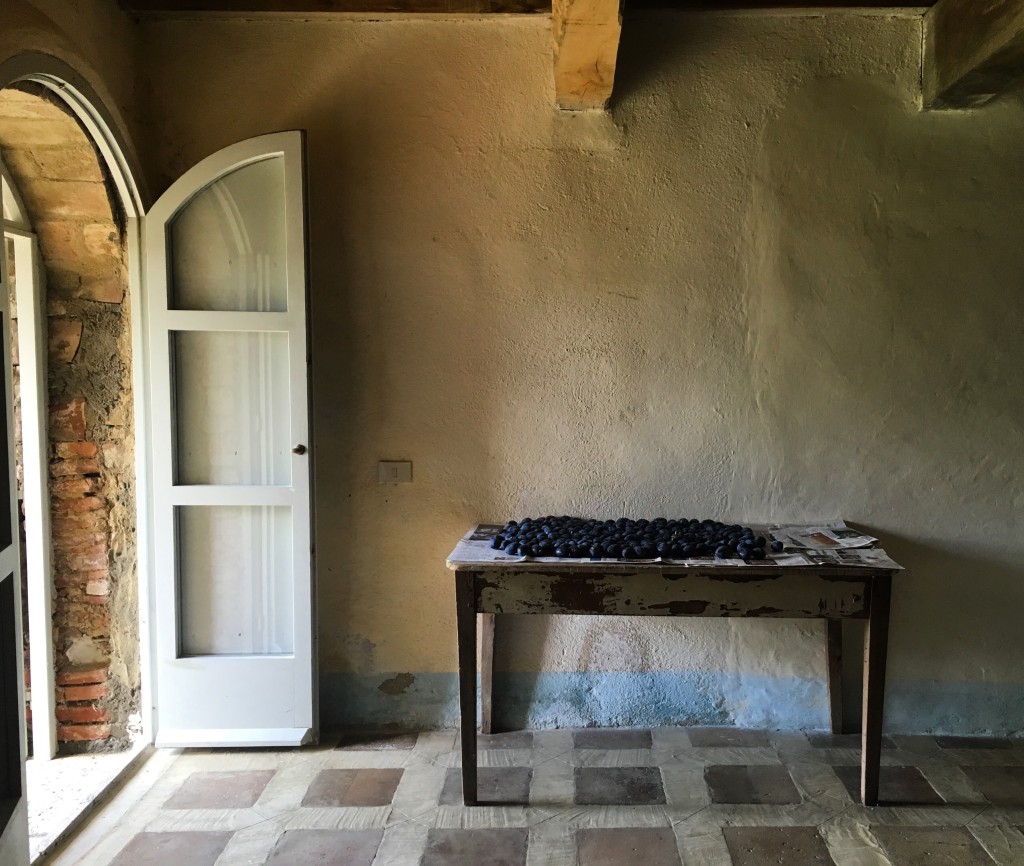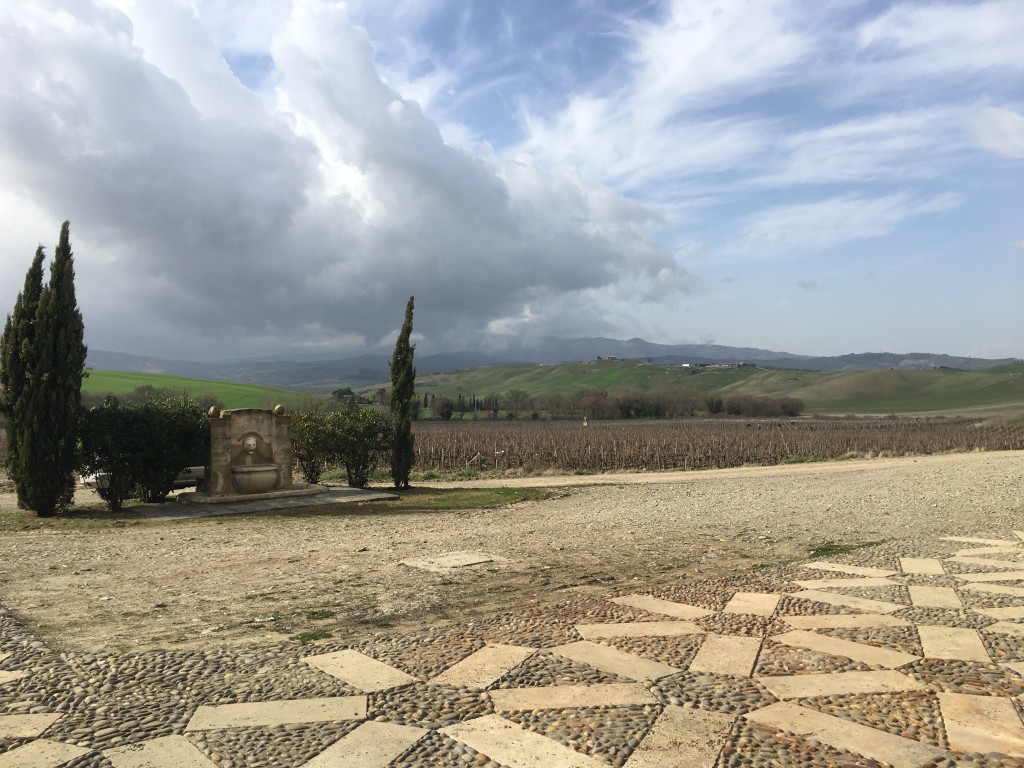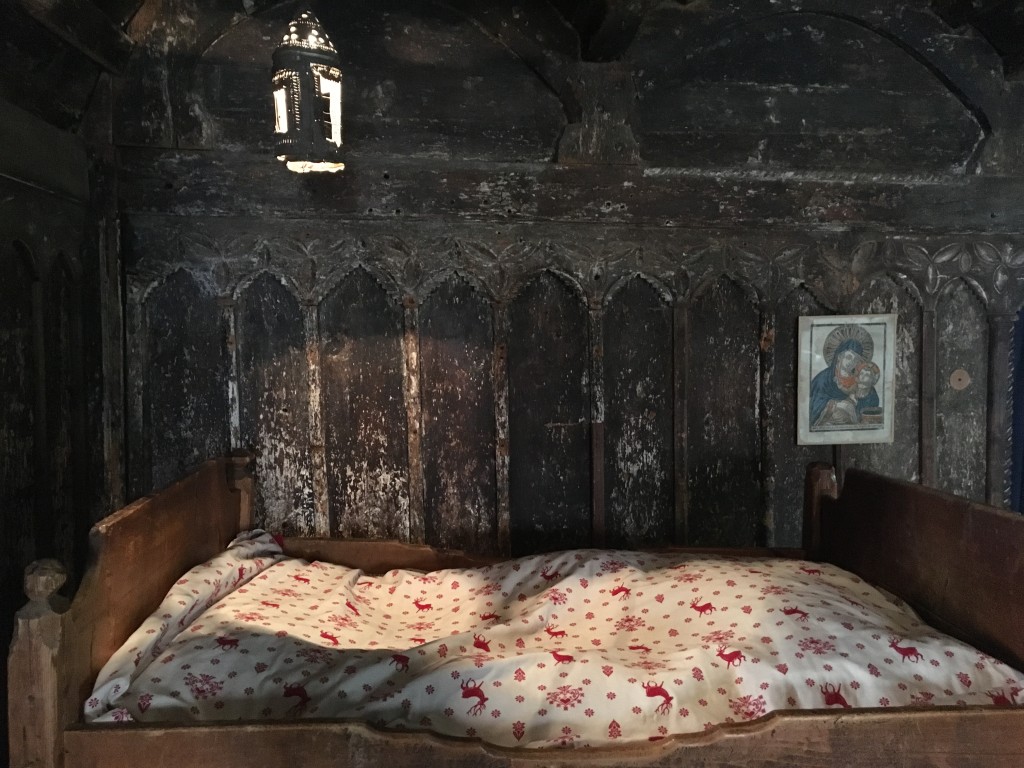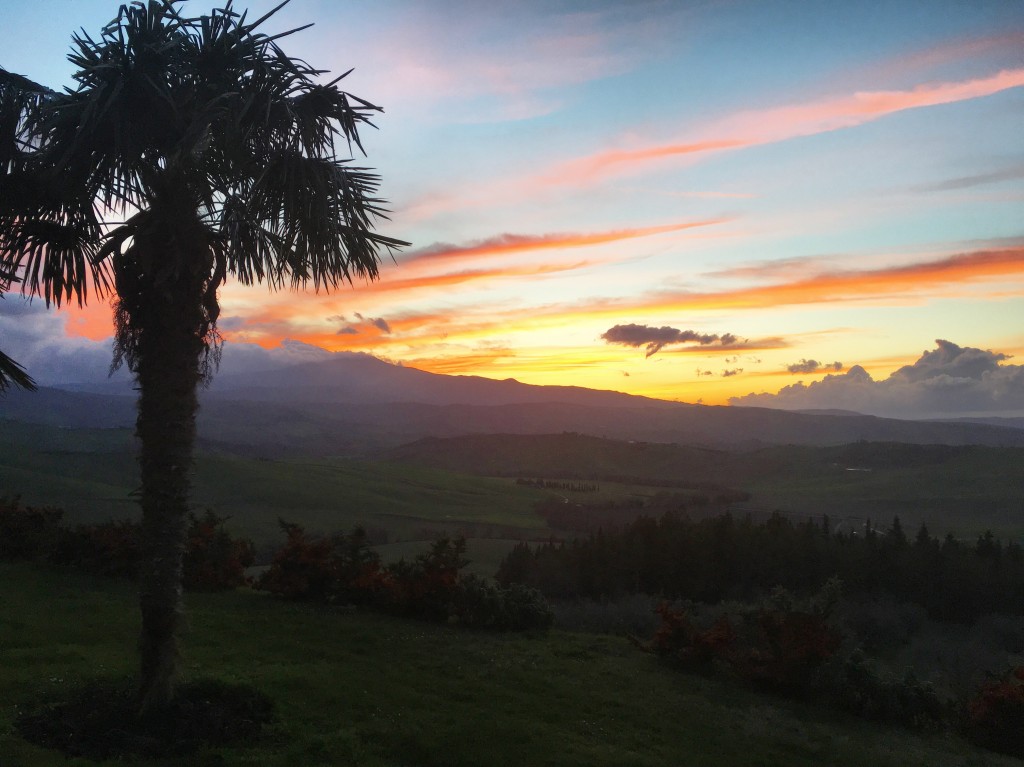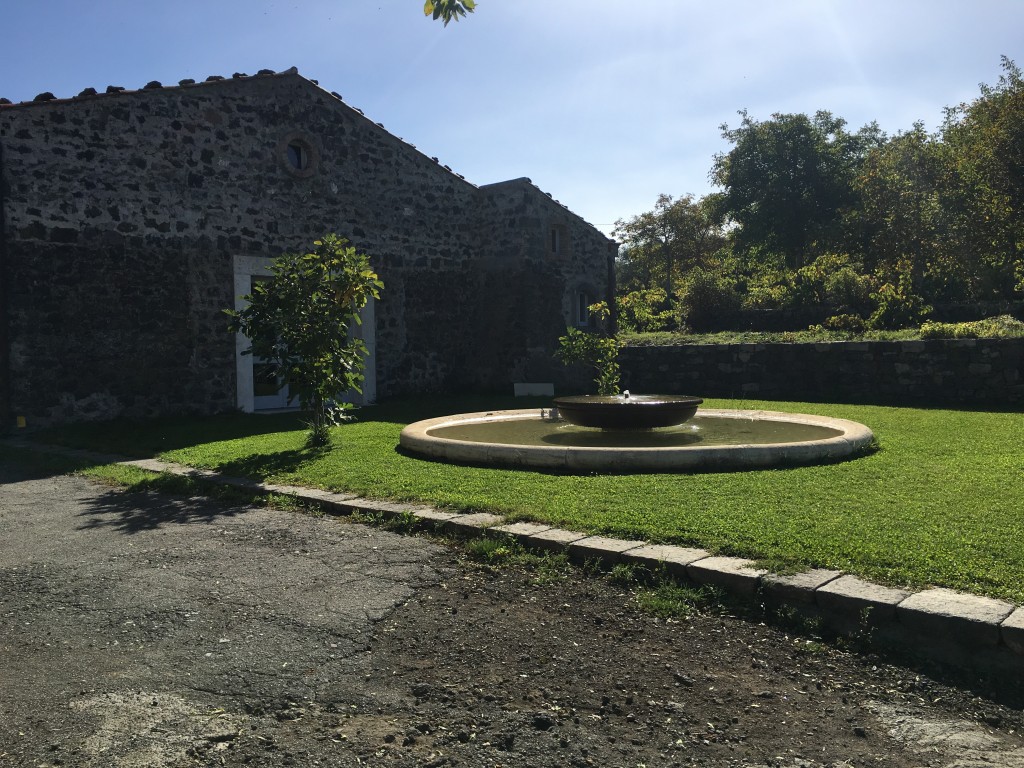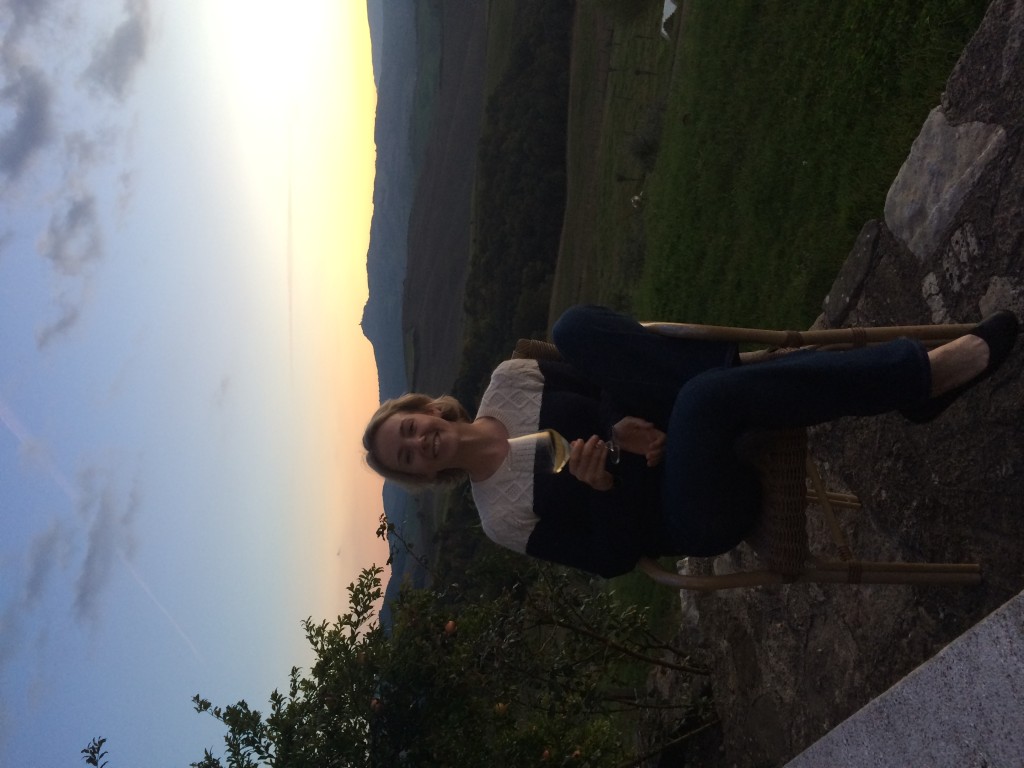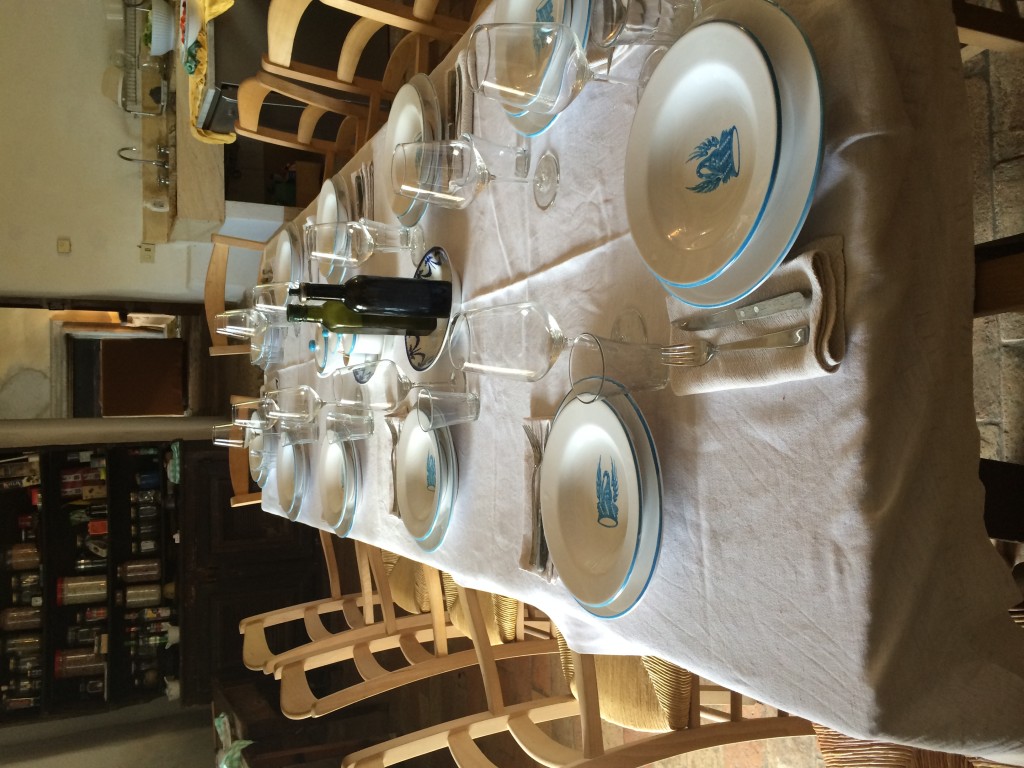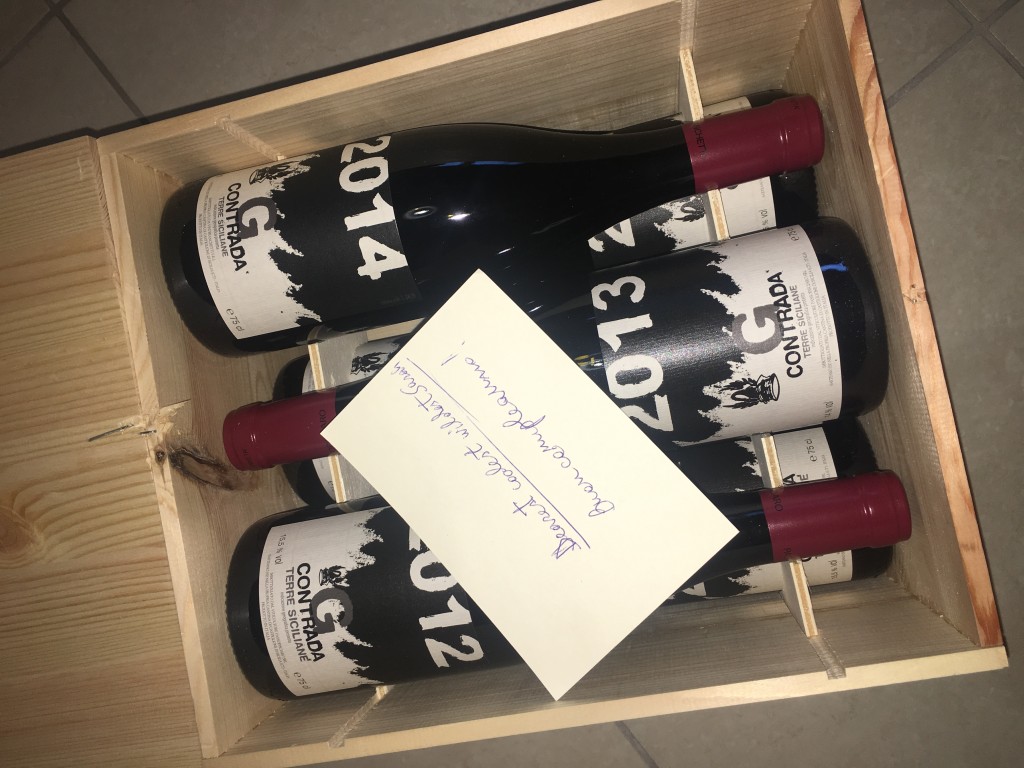I can count on one hand the teachers who have truly impacted my life, who have changed me as a person and the trajectory of my path. Yesterday, I lost one of these precious few.
A lot has been written about Andrea Franchetti the winemaker, the visionary, the creative genius behind Tenuta di Trinoro, the catalyst that brought Mt. Etna to the world stage with his pioneering Passopisciaro. He was surely all of these things and more, with his hard-headed, contrarian, bullish ways of operating, his single-minded vision, and his intense connection to nature and the places in which he made wine.
He was a man of passion, erudite, the way he spoke and dressed straight out of a 1960s Fellini film. He led the life he wanted to lead and carved his own path, and when he dove into the world of wine later in life, growing and making the wines he wanted to make, he focused on producing the best expressions of disparate places and varieties, even as tides and fashions changed around him.
Andrea was emotional and difficult and challenging and moody and creative and inspirational and generous and kind and full of life and joy. He was an intensely curious man who would write to me quoting Virgil, and we’d spend hours talking through and translating his thoughts and feelings to capture his impressions of each season, discussing the exact fabric that encapsulated the well-knit weave of that year’s ink-stained Franchetti.
He was the definition of a country gentleman, who would set off through the Trinoro woodlands in his khakis, brogues, and tweed jacket to hunt for mushrooms, who poured me a brimming glass full of red wine when I returned from a run with saucers for eyes, having confronted young wild boar in my path (He apologized for having no vodka on hand to calm my nerves, as he himself hadn’t been a drinker since he started making wine in the nineties — he said it made him a better taster).
We’d spend hours around his long, checkerboard-clothed kitchen table in the Val d’Orcia, he chain-smoking while I sipped on cups of coffee, which he made American-style in his old black Mr. Coffee with Lavazza, or glasses of his wine that tasted of Tuscan sunshine alongside the produce of his estate, and our conversations could swiftly jump from art to politics to moon cycles (which affected everything from when he picked and racked to when he cut his hair) and back again.
I’d stoke a fire on cool nights in the medieval military garrison he’d converted to his rustic country home, which he’d lovingly restored and filled with antique hearths that he’d sourced from elsewhere in Italy, while he told me stories of his wild youth with bicycle trips to Kabul and artists’ lofts in New York, his children, and he listened to my opinions on books and current events and other things, before we retired to our rooms; my favorite was always the one where I lived for five weeks during my first harvest, with its a rose-colored walls, iron canopy bed, curtain-less shower with water that fell over raw stone.
I knew him in the last decade of his life when he was less interested in far-flung adventures and more focused on exploring his native Italy. I was a willing companion on his meandering drives, absorbing all he could share about Lago di Bolsena and Le Marche; eating chestnut soup near Viterbo; visiting his family’s castle in Alto Adige, sleeping in rooms with wooden beams and gothic crucifixes, hiking on the trails he’d known in his youth; winding through the backroads of Sicily for a plate of pasta in Enna and an overnight stay in Vittoria. He identified as Roman in all things but loved the beauty his country has produced over the millennia and always drew my eye to unseen details, like trees bending toward the reflecting waters of a lake or the art of tile patterns.
He taught me to taste for maturity in grapes, by the senses not the numbers, usually after his second breakfast and my first since he woke before dawn; how to blend; how to prune. He taught me the poetry of wine. He talked to me of how nerello smelled of camphor and sandalwood, exotic scents I did not know except in literature. He was always reading and absorbing, and his methods were never static. It was impossible to tell the story of him and his wines without using metaphors of the artist, each vintage a masterpiece that captured the same landscape season after season. Especially with Trinoro, his heart wine, his opus.
Andrea lived in a more poetic, analog world, with evenings spent watching the sunset over Monte Amiata, the sun shifting in the skies as the seasons changed, his mood responding to the changing light or feel of a place, the dark colors and rumblings of Etna affecting him most deeply.
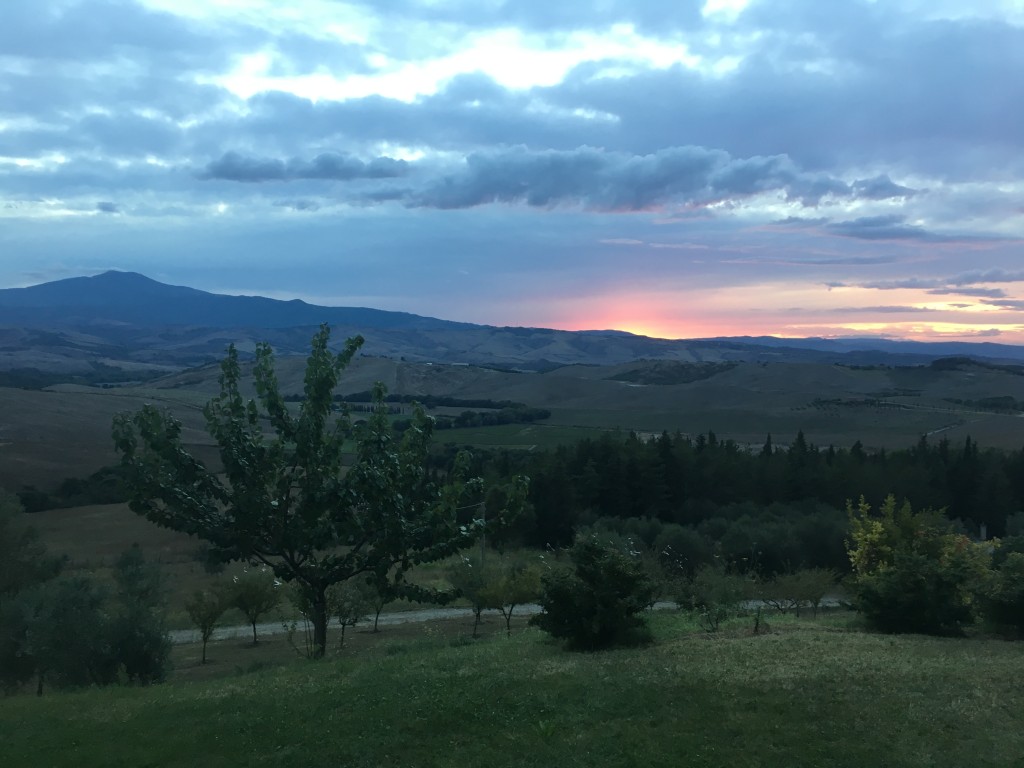
Most importantly, he taught me to slow down and appreciate the world around me, to seek out poetry and beauty everywhere I went, to always make sure the table was set and ready for guests, to make the most of everything, and to always make time for rest.
Andrea, I found in you a mentor, friend, and a kindred spirit. You gave me untold access and opportunity, you shined your light on me, you made me into the person I am today. My love for you is deep, and the impact you had on me is profound. I will miss your voice, your stories, your insights, and your wonderful hugs and mischievous smiles. You remain in my heart, always, my friend.

